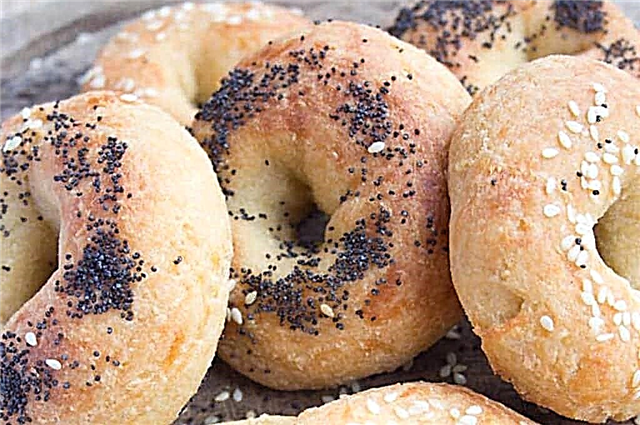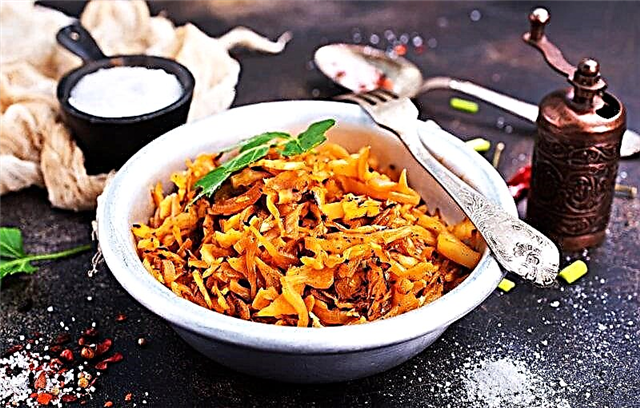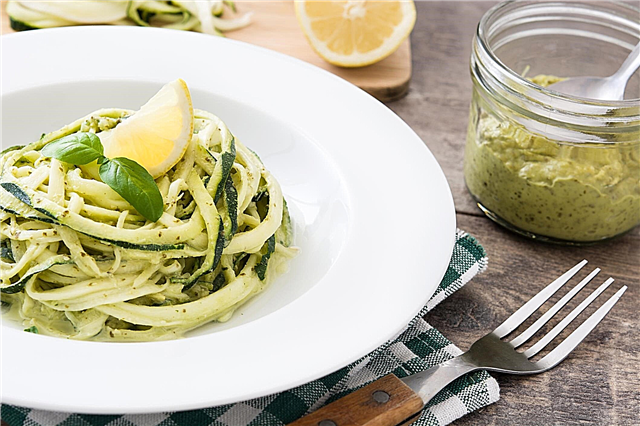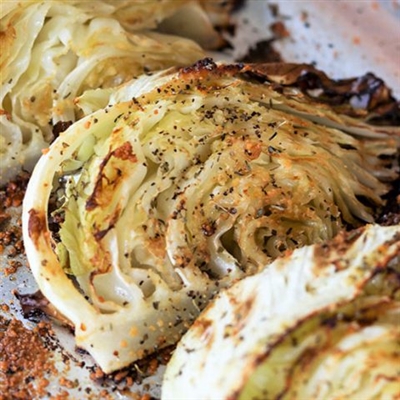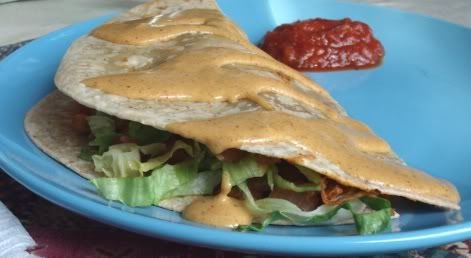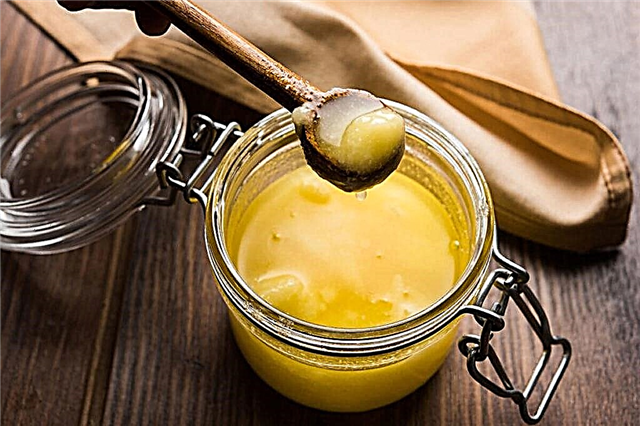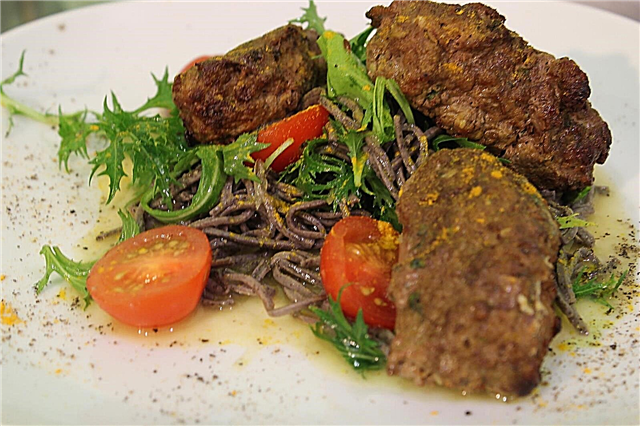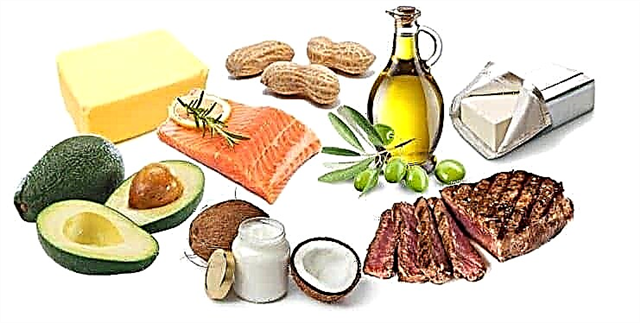Fats make up the bulk of the diet of the keto diet and what happens to your body depends on their correct consumption. How to properly consume fats on a keto diet?
Saturated Fat - Use in cooking foods
Saturated fats are mostly fats that are solid at room temperature. They are abundant in red meat, cream, ghee, lard, eggs, coconut oil, etc.
For a long time, we were intimidated by saturated fats, we were told that they raise cholesterol and lead to blockage of blood vessels. Now there are a lot of studies that saturated fats are not involved in this, all problems do not even come from cholesterol itself, it is vital for our body, the main danger in the oxidation of cholesterol by free radicals. The formation of free radicals is a natural side effect of our breathing and the absorption of oxygen by the body; radiation, smoking, a polluted environment, chemicals in food, and prolonged exposure to the sun lead to an increased production of free radicals.
There is still no scientific evidence that increased consumption of saturated fat raises cholesterol and leads to heart problems, but there is a lot of research on the connection between carbohydrate consumption and an increase in cardiovascular disease.
Saturated fats are very stable and have the highest smoke points and can be heated without problems. In addition, they stash well.
!!! Remember, saturated and monounsaturated fats should be the basis of your keto diet (see below). Always use fats such as ghee, lard or bacon, and coconut oil for frying.
Add monounsaturated fats to your diet, which are very good for your heart.
There are a lot of mono-unsaturated fats in avocados, olives, beef, nuts (especially macadamia). There are studies that show that consuming such fats greatly reduces the risk of cardiovascular disease.
Use extra virgin and avocado oil for salad dressings or any other dish.
On a keto diet, add MCT oil to your diet.
MCTs (Medium-chain triglycerides) are derived from coconut oil. Its peculiarity is that such oil is immediately absorbed by the body and has a positive effect on the production of ketones. In addition, digestion is improved. MCT oil has antioxidant properties (fights free radicals), reduces inflammation, stabilizes hormones, and improves mental functions.
It comes in two forms - just as an oil and as a food additive. Choose what suits you best and add to your diet.
Polyunsaturated fats - eat them, but don't heat them!
Polyunsaturated fatty acids are found in high amounts in olive oil, all nut and seed oils. They are very unstable and have a low smoke point and must not be heated. Particular attention should be paid to the balance of Omega-3 and Omega-6 fatty acids, ideally it should be 1 to 1, unfortunately this is difficult to achieve, because mainly the content of Omega-6 predominates.
Good sources of Omega-3s are all types of wild salmon fish, grass-fed beef, walnuts, and macadamia.
Store oils properly, avoid oxidation.
The oil should be stored in a dark glass container without oxygen. It is also better to put sunflower oil in an airtight container. Pay attention to the smoke point of the oil, heating the oil above this temperature will cause it to oxidize. The approximate shelf life of saturated fats is 12-24 months, mono-unsaturated 6-12 months, poly-unsaturated 2-6 months.
Watch out for harmful oils.
All processed and hydrogenated vegetable fats, margarine, trans fats, transesterified oils - sunflower, safflower, rapeseed, soybean, grape and corn oils are harmful to your health.
What is the problem with processed oils and trans fats:
- they are already oxidized during processing, which leads to the formation of free radicals
- they are made from GMO seeds
- cause inflammation in the body
- the risk of cardiovascular and oncological diseases increases
Total, what practical conclusion we must do:
- We cook in lard or bacon, ghee or butter (gently on butter, it is better not to heat for a long time, but you can add it to the pan at the end of cooking for taste)
- Add olive Extra Birgin oil, avocado and macadamia oils to salads cold.
- Only cold and sometimes we use sesame, almond, flaxseed oil, fish oil, hazelnut and walnut oil (and the grains and nuts themselves).

